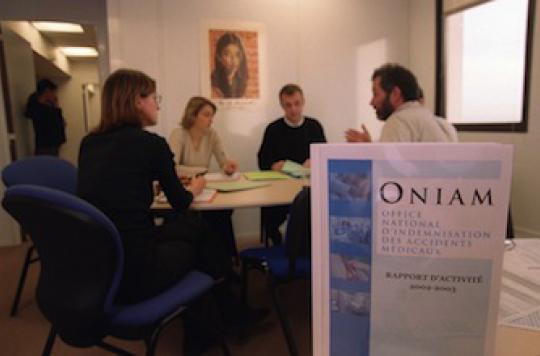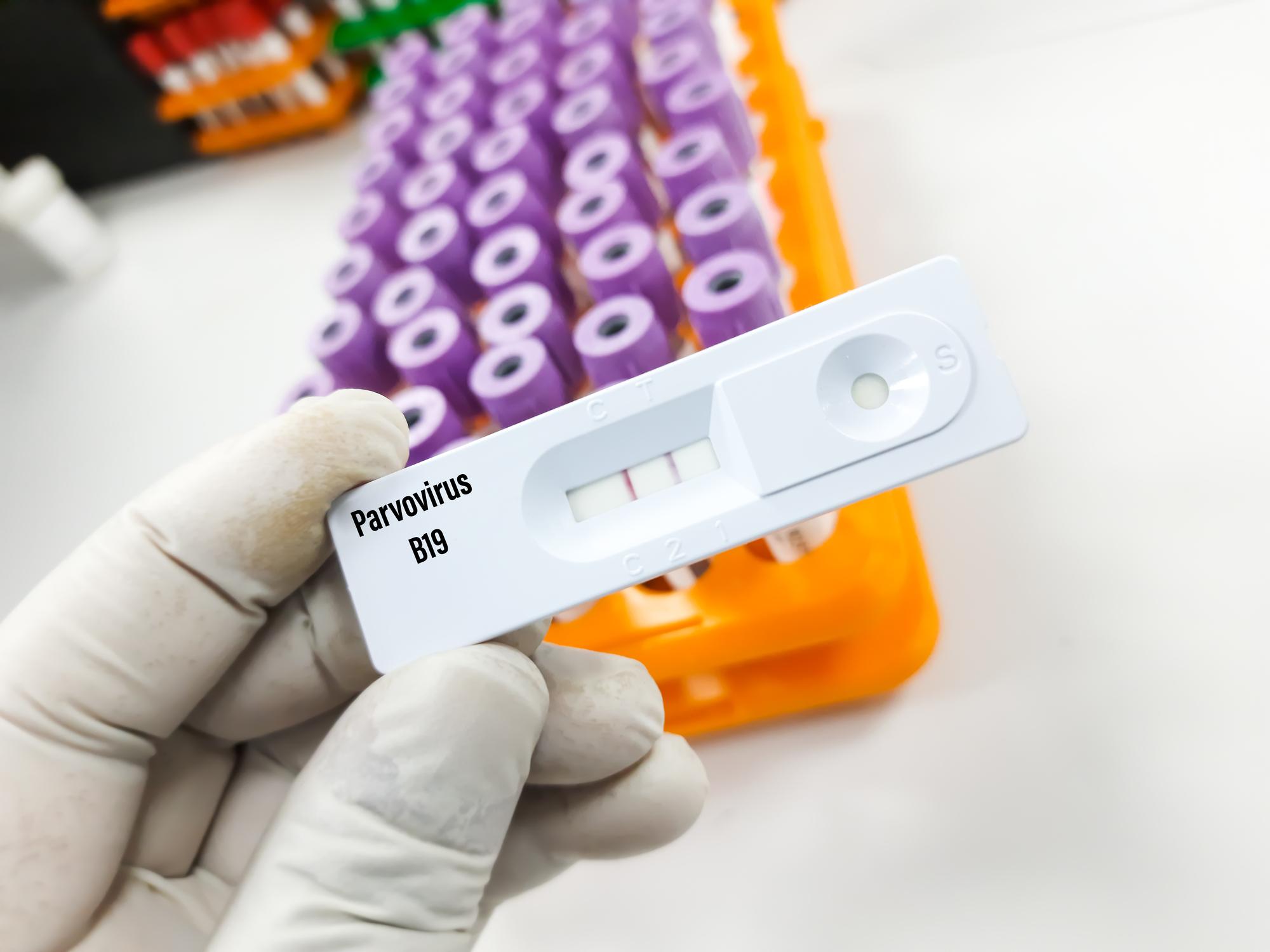For the Court of Cassation, the compensation scheme for medical accidents applies to acts of cosmetic surgery. A decision that puts an end to years of uncertainty.

In the event of a medical accident occurring during a cosmetic surgery intervention or its preparatory acts, the compensation scheme for medical accidents by national solidarity applies. It is in essence, decision taken by the Court of Cassation last week.
According to information revealed by the Medical Press Agency (APM), the judgment published in the bulletin of the Court of Cassation puts an end to several years of uncertainties and contradictory interpretations of the provisions of the health code public on compensation for therapeutic contingencies in cosmetic surgery. Until now, the National Office for Compensation for Medical Accidents, Iatrogenic Affections and Nosocomial Infections (Oniam), refused to compensate for damages related to acts of cosmetic surgery, considering that it was not “acts of care” within the meaning of article L1142-1 of the public health code.
Case law following the death of a woman before liposuction
The Court of Cassation thus rejected an appeal from Oniam and confirmed the analysis made by the Paris Court of Appeal in a judgment rendered on October 5, 2012, compensating the family of a young 22-year-old woman, Elise Z , died in December 2002 in Paris when she had to undergo liposuction of the thighs. This young woman died following a heart attack which occurred just before the anesthesia, and after the injection of two sedative products. The Court of Appeal ruled that the anesthesiologist and the surgeon had failed in their obligation to inform, and had ordered them to compensate the family for a 30% loss of chance to avoid the damage.
At the same time, she concluded that the death was due to a non-faulty medical accident and asked Oniam to compensate the family for 70% of the damage suffered. At the time, the Court of Appeal also considered that “the administration of sedative drugs preoperatively intended to alleviate the anxiety of a person who was going to be subjected to cosmetic surgery” constituted an act of care. She also considered that the reason for the surgical operation did not matter “since the administration of sedatives directly affected the health of the patient”.
The instruction of cosmetic surgery accidents should change
The Director General of Oniam, Erik Rance, questioned by the MPA, specified that the commissions and Oniam would now comply with the case law of the Court of Cassation when they examine cases relating to cosmetic surgery care. .
“As soon as the accidents meet the severity thresholds and the surgical procedures have been carried out in the environment [figurant dans le code de santé publique], the files will be examined in the light of the new jurisprudence, ”he specified. In its activity report for 2012, Oniam specified that 3% of refusals to opinions submitted by a conciliation and compensation commission (CCI) concerned damage resulting from cosmetic surgery.
Source: APM
.

















